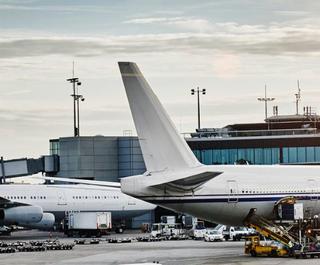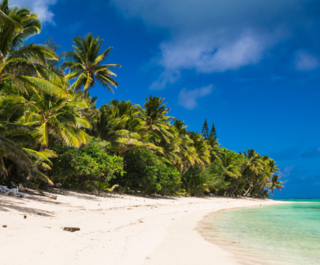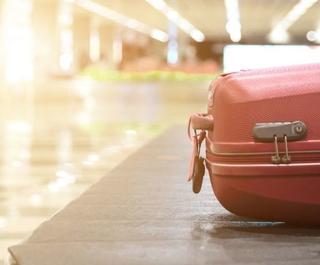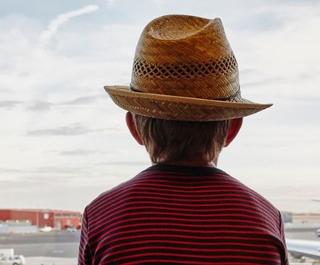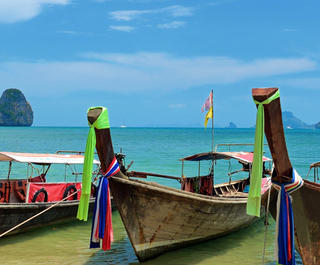
As more humans are moving around the globe exploring than ever before, the need for awareness and urgency of ethical travel practices is at an all time high. Acknowledging and respecting cultures, especially where they differ from our own, not causing offense and avoiding creating barriers are some of the first rules of travelling with a conscious mind. As a rapidly rising population and globalisation take hold, however, it’s ever more important to be aware of how we travel in more ways than one. As a golden rule, look for companies and experiences that support conservation, support local communities and respect local people, wildlife, culture and the environment.

1. Do As the Locals Do
How do the locals travel? Often, joining the locals by walking, taking the bus or train, is firstly cheap, secondly easy and thirdly, a great way to see a destination. In Asian countries where cycle-powered tuk-tuks are about, choose those too, zero emissions and money going straight into the hand of a local. Similarly, choose to dine in local restaurants, or purchase food at small, locally run markets. Not only will the profits stay in the community, but you’ll open yourself up to local foods, people and rituals, enriching your overall experience.
2. Avoid Suspicious Souvenirs
It’s not difficult to be easily blinded by the production practices of souvenirs when in a foreign country. Locals selling the souvenirs are often very good at convincing you of their local symbolism and cultural significance, leading you to believe you’re getting something authentic, special and unique to take home. The more unfortunate truth however, is that often these souvenirs are made in more sinister conditions.

3. Plan Your Route Responsibly
If travel was a country, it would rank seventh in the world for greenhouse gas emissions. More of us are jetting off to explore the world beyond our borders than ever before, which is a very good thing. The way we do it, however, is very important, as it’s estimated a new 56,000 new passenger aircraft will take off in the next 25 years to meet demand, greatly increasing the travel footprint.
You can help minimise this by planning your route responsibly. If you’re travelling around a continent, group destinations that are closer together, rather than criss-crossing on flights that you might think suit your schedule better. Take locally run ground transport between close destinations rather than flying, and ask for local advice on how to get between places, as you might not yet be aware of the best way.

4. Animal Welfare Comes First
Seeing animals in certain regions is definitely a part of the experience and a key way to understand a destination. You might think that an elephant ride in Thailand or posing with big cats in Africa is all a part of the ‘experience’. These activities however, aren’t kind, natural or good for the animals. The training required to get the animals to comply can be brutal, and paying money for the experience perpetuates the need for more of these activities to satisfy demand. Instead, we recommend a ‘look but don’t touch’ approach to wildlife. Seek out companies who have an animal welfare code of conduct, and where animals are seen only in their natural environments or ethically run wildlife sanctuaries.
5. Choose Peace
The International Institute for Peace Through Tourism, which was founded in 1988, aims to promote tourism as the world’s first global peace industry. The IIPT has established and fosters various tourism initiatives which contribute to international understanding, collaboration, protect the environment and biodiversity, sustainable development and preserve heritage. As a traveller you’re encouraged to be an ambassador for peace to help reduce poverty for a more peaceful and sustainable world.

6. Leave No Trace
I can be tempting to take seashells from the seashore and wildflowers for your temporary home, but before you do, consider the impact of this on the local environment. The Leave No Trace campaign is a globally standard message for encouraging travellers to respect environments and cultures, to experience them, but leave them better than they found them, not worse. The campaign has seven principles:
- Plan ahead and prepare
- Travel and camp on durable surfaces
- Dispose of waste properly
- Leave what you find
- Minimise campfire impacts
- Respect wildlife
- Be considerate of your hosts and other visitors


